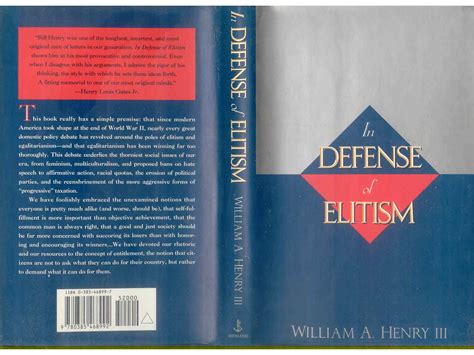A Quote by Chris Hayes
Generally the impulse to find justice through punitive measures can be a kind of quicksand. What James Whitman, the scholar I cite in the chapter of my book, talks about as an urge to level down, I think you see that everywhere. We're going to be a punitive society, so we might as well level out that punitiveness. Bankers and college swim stars and everyone face that same kind of wrath.
Related Quotes
People from authoritarian, male-dominated, punitive families tend to vote for "strongman" leaders and for "hard" punitive policies (prisons, wars) rather than "soft" caring policies (healthcare, childcare). Not everyone from this background does. But many people do. And this conditioning can be exploited, as Trump's campaign did, especially in times like ours of economic, social, and technological upheaval.
If we look at the last decades, we see that the US rightist-fundamentalist alliance demonized partnership-oriented families and painted women's rights as a threat to "tradition" - which of course it is to traditions of domination. These people had an integrated political agenda that recognizes that a "traditional" authoritarian, male dominated, punitive family is foundational to an authoritarian, male dominated, punitive politics. We can see this connection in sharp relief in brutal top-down regimes, be they secular like Nazi Germany or religious like ISIS in the Middle East.
We may think that justice is everyone being equal, having the same rights, sharing the same kind of advantages, but maybe we have not had the chance to look at the nature of justice in terms of no-self. That kind of justice is based on the idea of self, but it may be very interesting to explore justice in terms of no-self.
After I had my son I looked everywhere for a book that might serve as some kind of mirror. I bought so many silly books. Now I see what the problem was: I wanted a book about time-about mortality. I can't think of a writer who is at once so experimentally daring and so rigorously uncompromising as Sarah Manguso. Ongoingness is an incredibly elegant, wise book, and I loved it.
It's important for closet gay athletes everywhere, not just at the professional level, but more importantly athletes at the younger level in high school and college, to understand they do have support around them and that they can come out and feel comfortable. And honestly, that is going to help save lives.
Through the history of art we can see through the emotional life, and sometimes the financial security of some of the artists, some transformation. And I really believe that it's generally about the same kind of transformation and the same kind of reaction. We are a little bit less individual than we would like to believe or guess we are.
I always kind of see how I want things to be better, and I'm generally not happy with how things are or the level of service that we're providing for people or the quality of the teams that we built. But if you look at this objectively, we're doing so well on so many of these things. I think it's important to have gratitude for that.
































